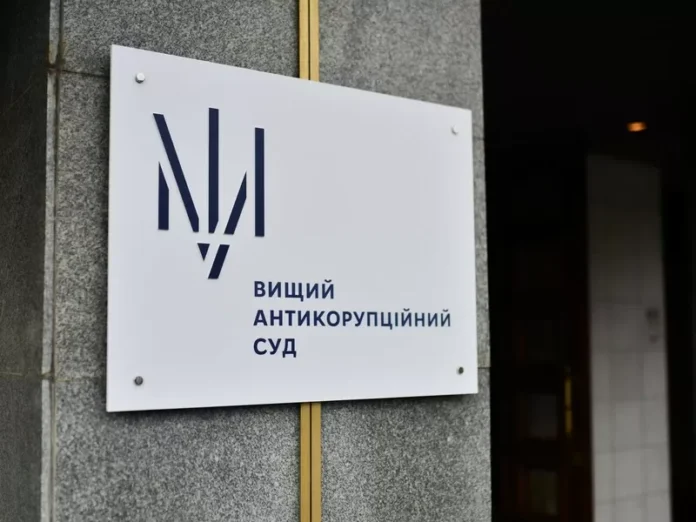The High Anti-Corruption Court of Ukraine has taken a significant step towards fighting corruption in the country by electing to detain three suspects in a case involving a $500,000 bribe, along with former Deputy Minister of Energy Alexander Heilo. This decision was announced by the press service of the High Anti-Corruption Court (HACC) on August 12th.
The suspects, who have not been named, are accused of offering a bribe to Heilo in exchange for his assistance in securing a favorable decision for their company. The HACC’s decision to detain them is a strong indication of their commitment to rooting out corruption and holding those responsible accountable for their actions.
The case against Heilo and the three suspects was initiated by the National Anti-Corruption Bureau of Ukraine (NABU) in July. The NABU’s investigation revealed evidence of a planned bribe and the involvement of high-ranking officials in the energy sector. This discovery further highlights the pervasive nature of corruption in Ukraine and the need for decisive action to combat it.
The HACC’s decision to detain the suspects is a significant milestone in the fight against corruption in Ukraine. It sends a clear message that no one is above the law and that those who engage in corrupt activities will be held accountable. This decision also demonstrates the effectiveness of the HACC, which was created in 2018 as part of Ukraine’s efforts to establish an independent and specialized anti-corruption court.
The establishment of the HACC was a crucial step in the country’s fight against corruption, as it is responsible for handling high-profile corruption cases involving senior officials and public figures. Its creation was a response to the public’s demand for a fair and impartial justice system that can effectively prosecute and punish those involved in corruption.
Since its establishment, the HACC has made significant progress in addressing corruption in Ukraine. In July, it sentenced a former deputy mayor of Kyiv to six years in prison for embezzlement. This was the first conviction by the HACC since its inception, and it demonstrated the court’s commitment to delivering justice and holding corrupt individuals accountable.
The HACC’s decision to detain the suspects in the case involving Heilo is a testament to its dedication to upholding the rule of law in Ukraine. It also serves as a reminder that the fight against corruption is an ongoing battle that requires the cooperation and support of all stakeholders, including the government, law enforcement agencies, and the public.
The HACC’s efforts to combat corruption have not gone unnoticed by the international community. The European Union, which has been a vocal supporter of Ukraine’s anti-corruption efforts, has praised the HACC for its work and its role in strengthening the country’s justice system.
In conclusion, the HACC’s decision to detain the suspects in the case involving Heilo is a significant step towards tackling corruption in Ukraine. It demonstrates the court’s commitment to delivering justice and holding corrupt individuals accountable. The establishment of the HACC and its recent actions are a clear indication of Ukraine’s determination to root out corruption and build a more transparent and accountable society.

